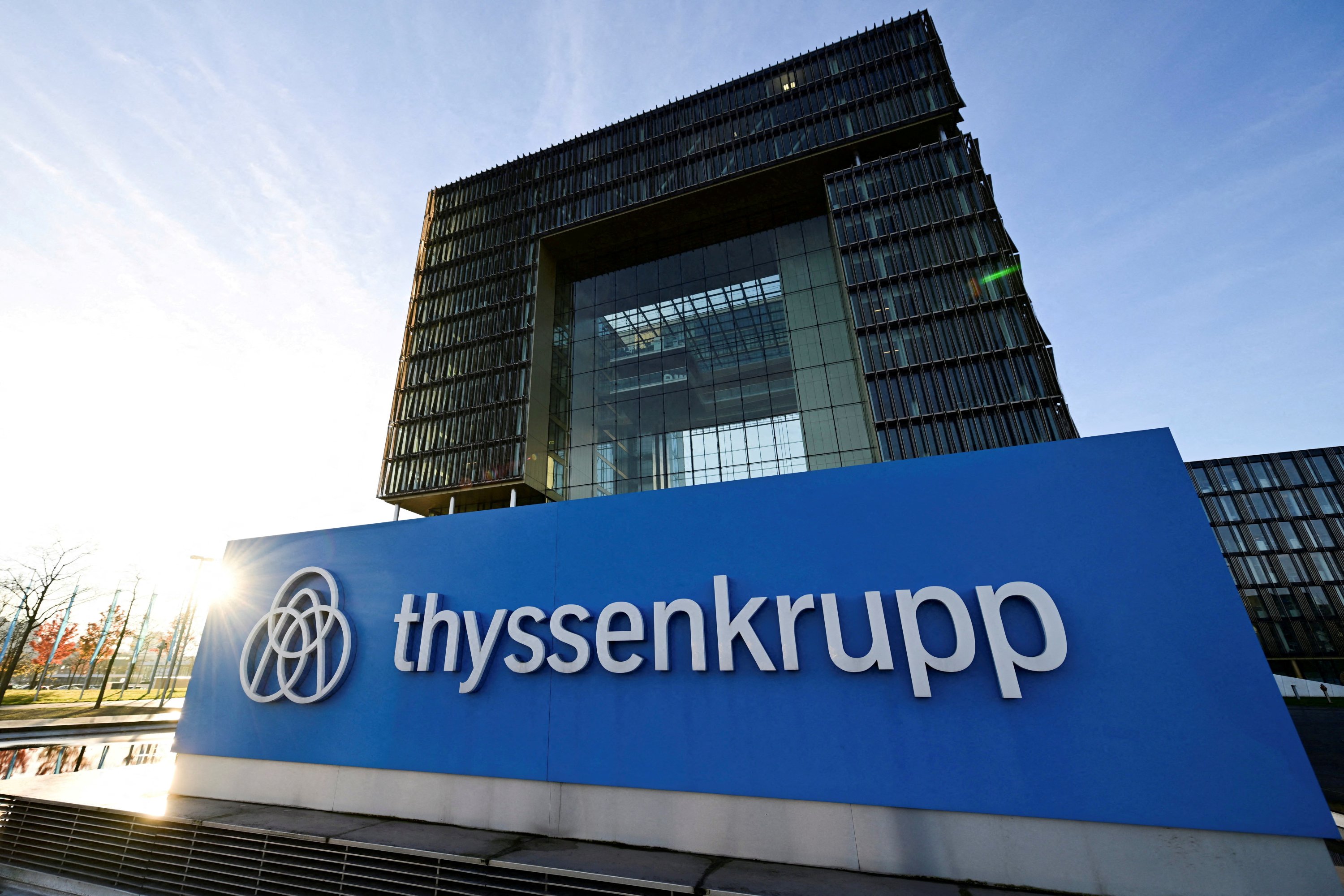 |
| Thyssenkrupp |
In today's automotive industry, just-in-time (JIT) and just-in-sequence (JIS) delivery have become essential for ensuring efficiency and reducing costs in OEM production lines. thyssenkrupp Automotive Systems, a leader in assembly and logistics services, plays a crucial role in managing supplier complexity, ensuring timely delivery, and streamlining assembly processes for major car manufacturers.
With more model variants and customized vehicle options, production logistics have grown increasingly complex. thyssenkrupp Automotive Systems manages supplier coordination, on-time assembly, and logistics, reducing OEM workload and ensuring that critical components like rear axle systems for Porsche and electric drives for Smart Fortwo arrive precisely when needed.
Steffen Schmidt, CEO of thyssenkrupp Automotive Systems, emphasizes the uniqueness of their production process:
“Two identical axle systems are as rare as six correct lottery numbers—with an extra number.”
To ensure smooth operations, thyssenkrupp has developed a highly automated supplier management system that connects 150-200 suppliers per site, allowing real-time updates on delivery status, stock levels, and production requirements. Their SAP-driven logistics network automatically processes orders, tracks shipments, and optimizes transportation routes.
By operating production facilities close to OEM plants, thyssenkrupp minimizes supply chain risks, allowing for rapid component assembly and delivery. Their 2,500-square-meter Test Center in Essen rigorously tests components for fatigue strength and operational stability before they are integrated into production.
Navigating Supply Chain Challenges and Maintaining Efficiency
Automobile production depends on precise timing, with delays potentially halting entire assembly lines. At thyssenkrupp Automotive Systems, every logistics process is fine-tuned to deliver components at the exact moment they are required. As soon as a vehicle body exits the paint shop, an electronic call-off signal is sent, specifying the exact configuration of front and rear axle systems. Within 240 minutes, the required modules must be assembled and delivered to the production line.
Managing such complexity requires interdisciplinary expertise. thyssenkrupp is involved in pre-series development, with teams consisting of quality, logistics, production, and procurement specialists working together to optimize processes. This approach ensures that all components meet strict performance requirements before they reach the assembly line.
Despite advanced automation, the human factor remains critical, particularly in unexpected situations such as supplier disruptions or logistical bottlenecks. When delays occur, emergency protocols are activated, allowing thyssenkrupp’s teams to reallocate stock, adjust schedules, and secure alternative suppliers within hours—not days.
The company’s logistics network has been tested by global crises, including the COVID-19 pandemic, semiconductor shortages, and geopolitical disruptions. In response, their teams continuously adapt by optimizing freight routes, monitoring supplier performance, and implementing contingency plans to maintain uninterrupted production.
Schmidt sums up the company’s approach:
“At the end of the day, we sell trust—trust in our delivery reliability.”

